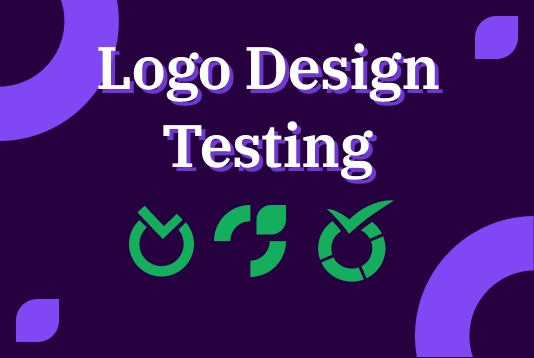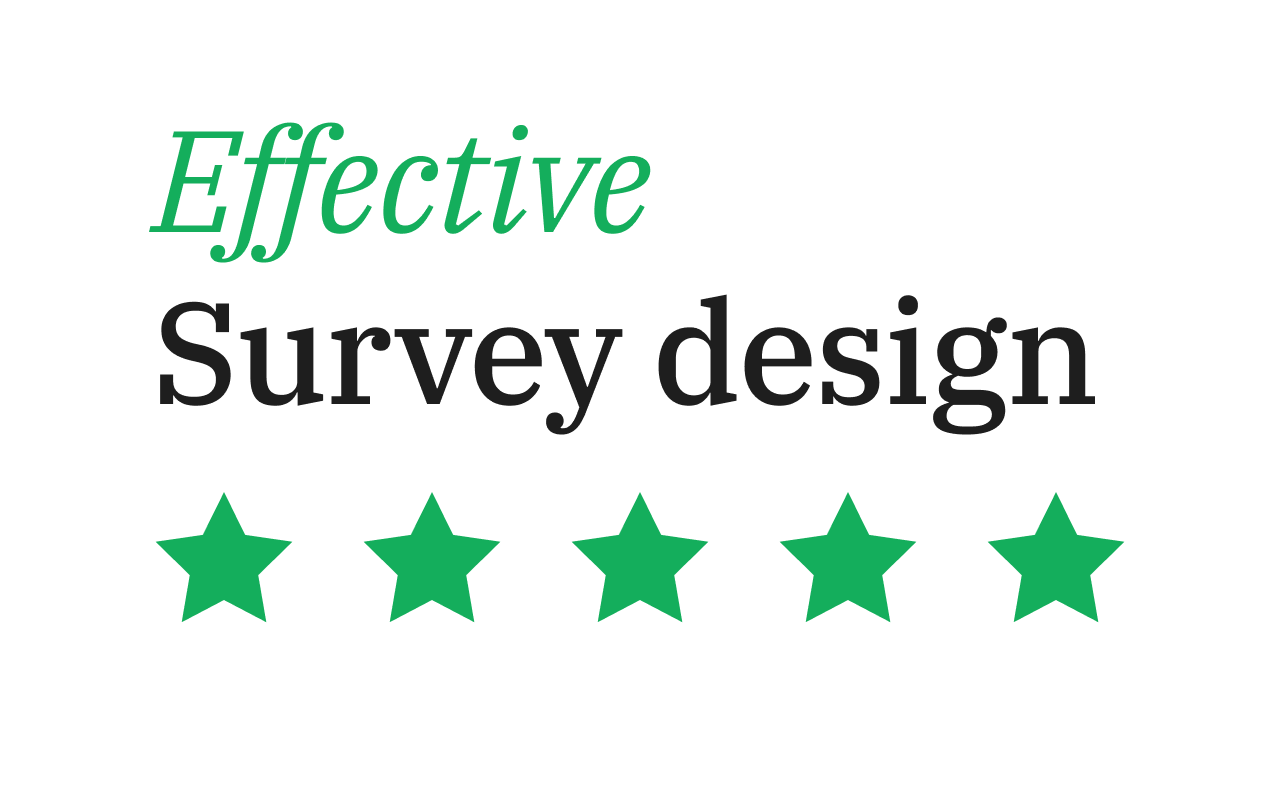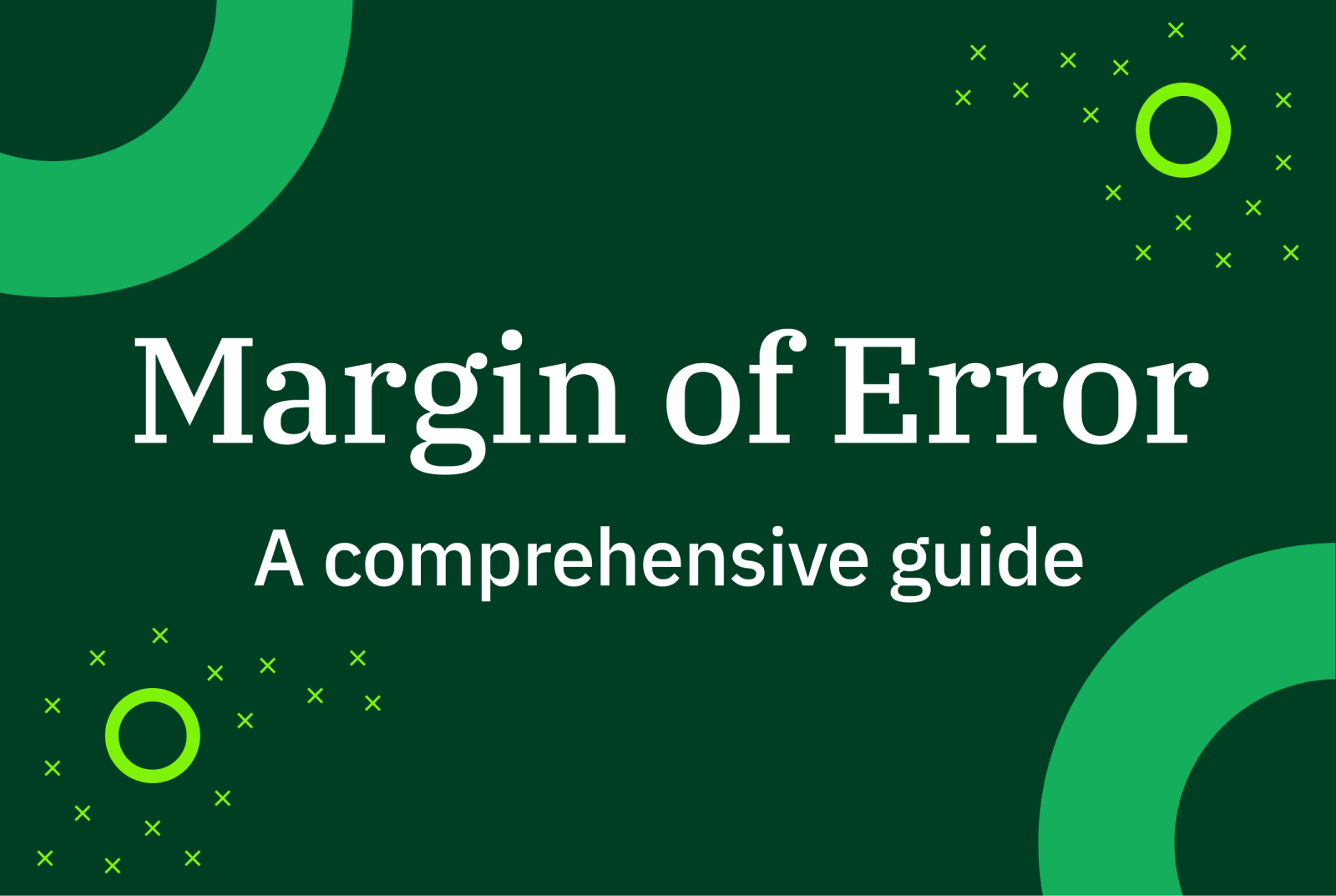Table content
When it comes to building a strong brand identity, your logo is the star of the show. It’s the first impression people have of your organization, and let’s face it—first impressions count. But how do you know if your logo is truly resonating with your target audience?
Enter logo design testing: a crucial step in refining and optimizing your logo to ensure it’s more than just pretty pixels on a screen.
Whether you’re working on a complete rebrand or launching your business, logo design testing helps you assess how well your logo communicates your brand’s values and connects with your audience.
It’s a lot of pressure, but the good news is, you don’t have to cross your fingers and hope for the best. Let’s break down what logo design testing is, why it’s important, and the best practices for testing your logo design like a pro.
Why is Logo Design Testing Important?
Imagine pouring time, effort, and money into a new logo, only to find out your audience doesn’t connect with it—or worse, it confuses them. That’s a nightmare scenario for any business. Logo testing helps you avoid that pitfall by giving you real, actionable feedback before you go live.
Here are a few reasons why logo design testing is essential:
- Increases Brand Recognition: A well-tested logo has a better chance of being memorable, making it easier for customers to recognize your brand in the long run.
- Improves Emotional Connection: Testing helps you understand whether your logo evokes the emotions that align with your brand’s values.
- Ensures Clarity: A great logo should be simple, clear, and recognizable at any size. Testing can highlight if your logo works effectively in all contexts.
- Prevents Costly Mistakes: Instead of launching a logo that might fall flat, you can use feedback to fine-tune and perfect your design.
In short, logo design testing allows you to make informed decisions based on actual data—not just gut feelings or subjective opinions.
Types of Logo Design Testing
There are several different methods to test your logo, and each comes with its own advantages.
- A/B Testing (Split Testing): This is one of the simplest and most common forms of testing. You create two or more variations of a logo and then test them against each other to see which one performs better. It’s like a popularity contest—whichever one your audience likes more gets the green light.
- Monadic Testing: In monadic testing, respondents are shown a single logo at a time and asked to provide feedback. This type of testing focuses on how a single design performs in isolation and can give you a deep understanding of how that logo is perceived.
- Sequential Monadic Testing: This is a more sophisticated version of monadic testing, where participants are shown multiple logos one after the other, and then they provide feedback on each one. This approach allows for comparisons between designs, helping you choose which one stands out the most.
- Focus Groups: Focus groups bring together a small group of people to discuss your logo and give feedback. This can offer qualitative insights and allow you to dig deeper into the emotions and perceptions your logo evokes.
- Online Surveys: Digital surveys are a quick, scalable way to collect feedback on your logo. These can be distributed to your target audience and analyzed to gauge general sentiment.
Ready to get feedback on your logo options? Tailor one of LimeSurvey’s customizable templates to suit your needs!
Key Metrics for Success
When conducting logo testing, you’ll need to track a few key metrics to gauge how well your logo is performing. These will help you interpret feedback and make data-driven decisions. Here are some of the most important ones to consider:
- Brand Recall: Does the logo stick in people’s minds? The higher the recall, the better. A logo that’s easily remembered will make it easier for customers to identify your brand.
- Emotional Impact: Does your logo make people feel something? Whether it’s excitement, trust, or joy, your logo should align with the emotions you want to convey about your brand.
- Recognition and Clarity: Can people identify your logo at a glance? A successful logo is clear and distinct, even in smaller sizes or when seen from a distance.
- Aesthetic Appeal: Does the logo look good? This metric is more subjective, but it’s still important. Your logo should feel visually balanced and should appeal to your target demographic.
- Relevance: Does the logo reflect your brand’s values, mission, and industry? Testing helps you understand whether the design feels appropriate for what your brand stands for.
Designing Effective Logo Testing Surveys
The trick to gathering effective feedback through surveys is in how you design the questions. Here’s how to gain valuable, actionable insights:
- Keep Questions Clear and Focused: Avoid confusing or overly complex questions. Make sure each question addresses one thing at a time.
- Use Scales and Ratings: Ask respondents to rate the logo on a scale (e.g., 1-5 or 1-7). This makes it easier to quantify feedback.
- Ask Open-Ended Questions: While quantitative data is great, don’t forget to include open-ended questions to gather more qualitative insights. For example: “What do you think this logo says about the brand?”
- Ask About Specific Elements: Break down feedback into individual components (e.g., color, typography, shape) to see which aspects of your design are working or need adjustment.
Survey Questions that Help Generate Useful Feedback
Unsure what exactly to ask in your logo design survey? Here are a few examples of questions you can ask that combine the suggestions for creating effective questions to help get you started.
- On a scale of 1 to 5, how memorable is this logo?
- How does this logo make you feel?
- What three words would you use to describe his logo?
- Which demographic do you think this logo appeals to the most?
- Do you feel this logo communicates trust, innovation, or creativity? (Choose all that apply)
- On a scale of 1 to 7, how well do you think this logo represents the brand’s values?
- Do you think this logo is easily identifiable when scaled down to a smaller size?
- What could be improved in this logo design?
Analyzing Logo Performance
Once the survey feedback comes in, it’s time to analyze your results by organizing and interpreting the data. Here are a few ways to approach the analysis:
- Quantitative Results: Look at numerical data to identify trends (e.g., how many people rated the logo highly for memorability).
- Qualitative Insights: Pay attention to recurring themes in open-ended responses. What emotions or thoughts are people associating with your logo?
- Actionable Changes: Identify areas where your logo may be underperforming and consider how you can refine it before launch.
Benchmarks and Industry Standards
It’s also always a good idea to benchmark your logo against industry standards or competitors. While you don’t want your logo to be a carbon copy of someone else’s, understanding what works in your industry can help you identify what to avoid and ensure your design doesn’t miss the mark. Take note of common colors, shapes, and aesthetic trends in your sector—but make sure your logo stands out for the right reasons. The key is to reflect your unique brand identity while staying aligned with customer expectations.
Common Pitfalls in Logo Design Testing
Even with the best intentions, logo design testing can go awry. Watch out for these common pitfalls:
- Not Testing Early Enough: The earlier you test, the less expensive and time-consuming it will be to make changes. Don’t wait until the logo is finalized to start gathering feedback.
- Overloading Participants with Too Many Logos: If you show too many variations, people might get overwhelmed. When that happens, the feedback usually is not very helpful.
- Missing the Target Audience: Make sure the people testing your logo are part of your target demographic. Feedback from the wrong audience won’t give you useful insights.
- Being Too Attached to One Design: While it’s natural to fall in love with your logo, remember that the goal is to create something that resonates with your audience—not just with you.
Logo design testing isn’t just a nice-to-have step in the design process—it’s essential to building a brand identity that’s memorable, recognizable, and emotionally resonant. By conducting thoughtful, data-driven tests and paying attention to key metrics, you’ll be able to craft a logo that not only looks great but works effectively in the marketplace.
Whether you’re deciding between logo variations, unsure which option will work best, or looking for ways to refine a design that’s almost there, don’t skip the testing phase. Your logo is the face of your brand—make sure it’s a face that everyone remembers.
Looking for a fresh and juicy way to conduct surveys, gather feedback, and analyze results? LimeSurvey’s templates are fully customizable and based on an open-source platform, so you can keep things simple or add tons of bells and whistles. Whatever you need a survey for, LimeSurvey can help.




